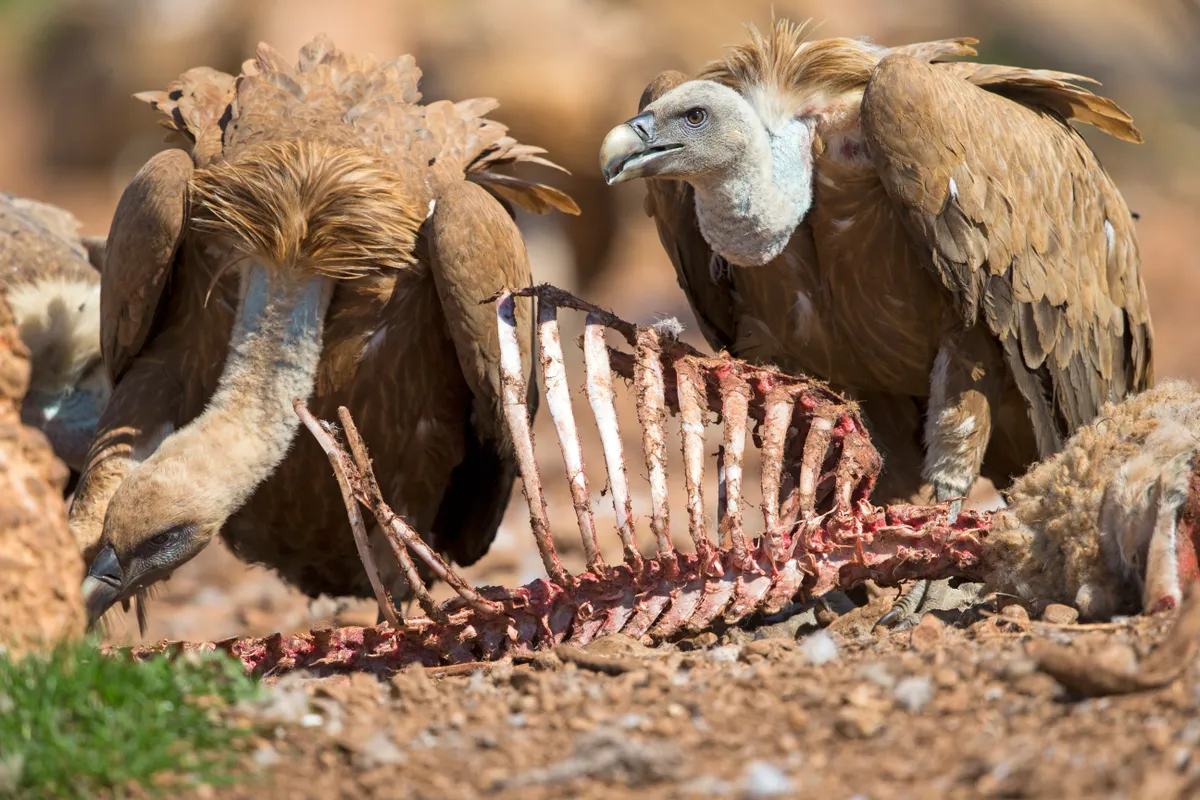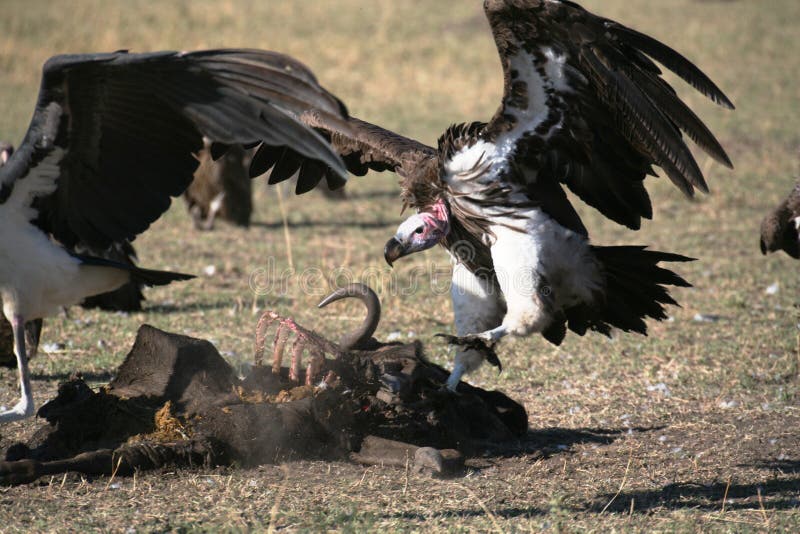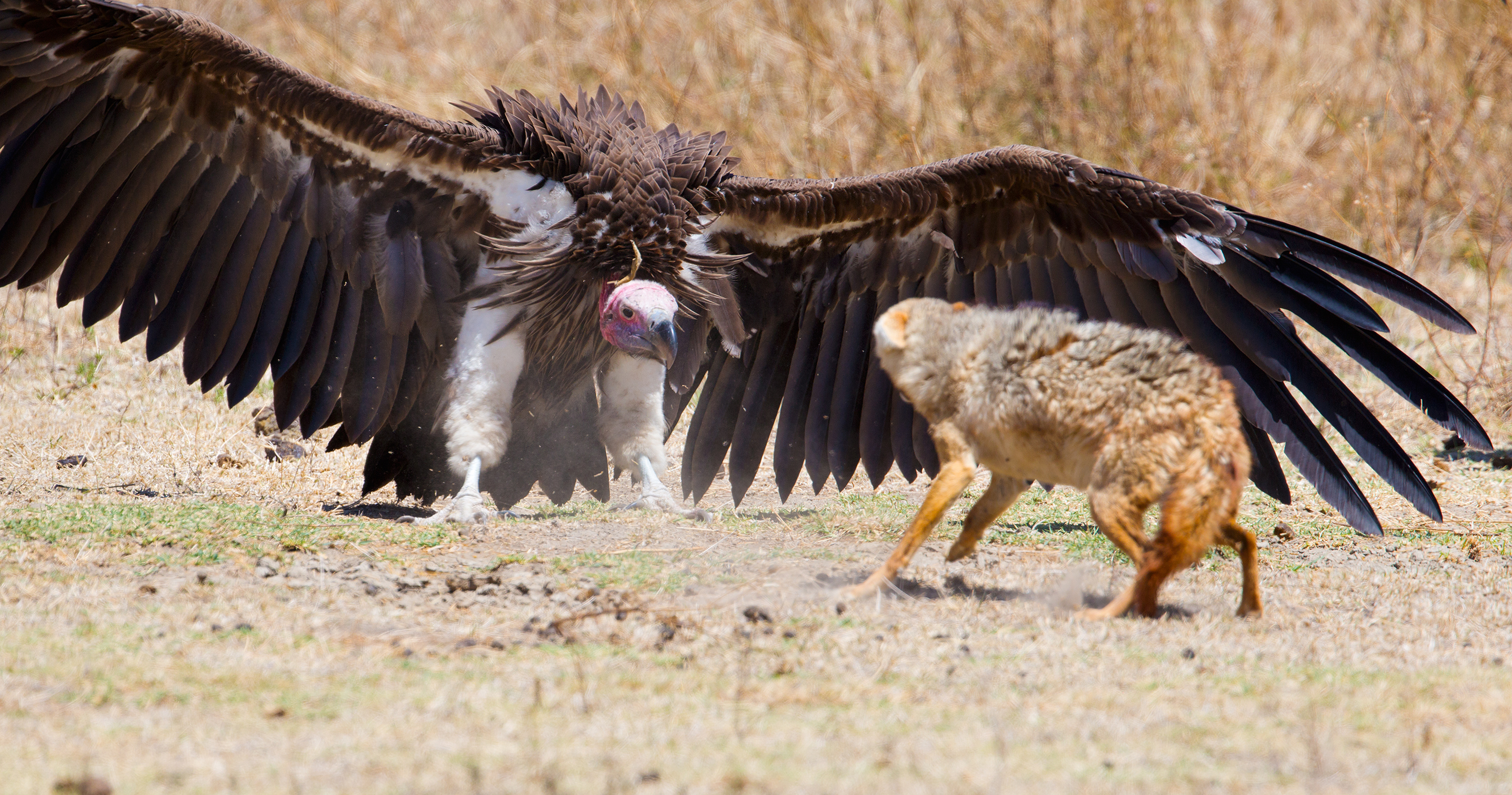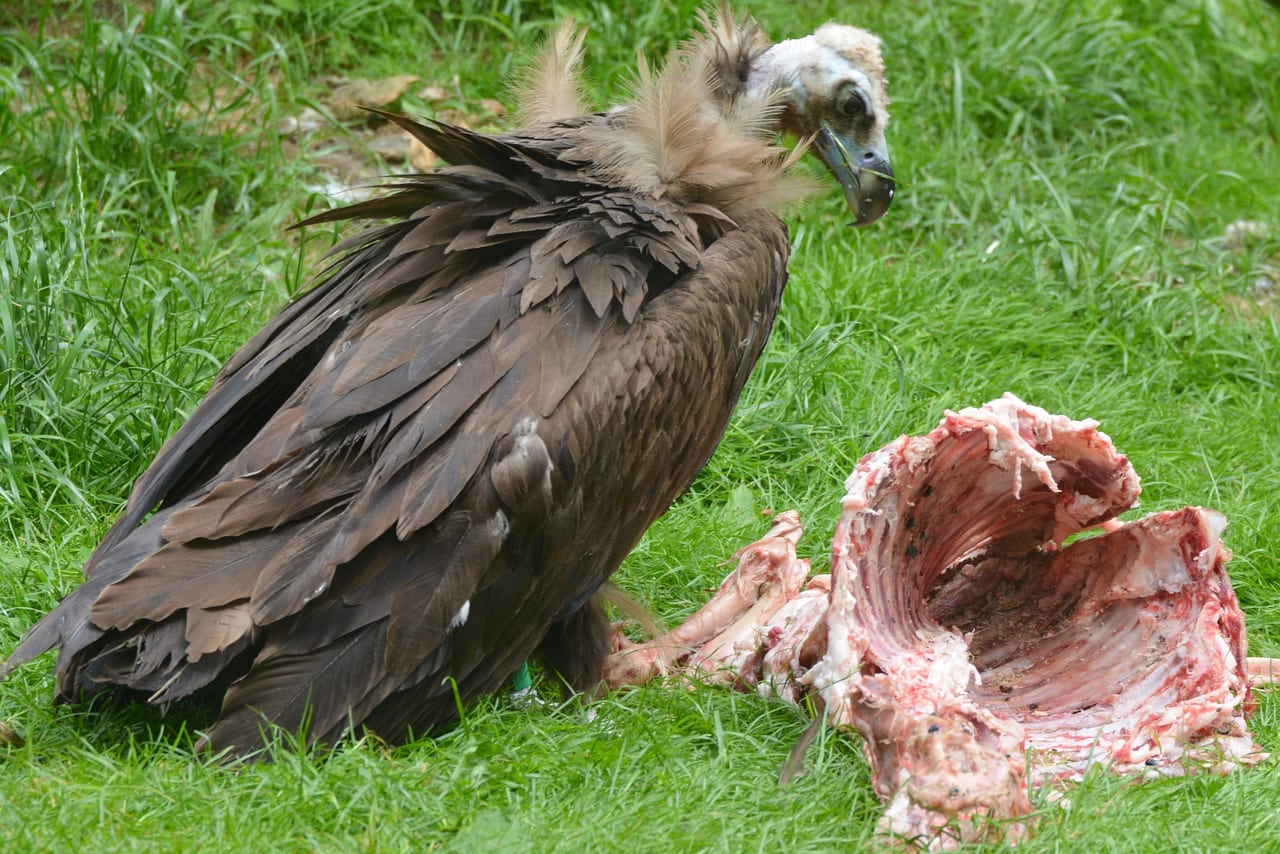Often misunderstood and unfairly maligned, vultures play an indispensable role in maintaining the health of our ecosystems. These remarkable birds, with their keen eyesight and powerful beaks, act as nature’s cleanup crew, preventing the spread of disease and recycling nutrients back into the environment. Let’s explore the fascinating world of vultures and uncover why they truly are the unsung heroes of the natural world.

Nature’s Cleanup Crew
Vultures are scavengers, primarily feeding on the carcasses of dead animals. This diet places them at the heart of the ecosystem’s waste disposal system. By consuming carrion, vultures prevent the spread of deadly pathogens that could result from decaying bodies. Their highly acidic stomachs are capable of digesting bacteria and toxins that would be lethal to other creatures, effectively sterilizing the remains.
This role is crucial in regions where large herbivores and predators are abundant. Without vultures, carcasses would accumulate, leading to an increase in disease and attracting other scavengers that might not be as efficient in preventing the spread of pathogens.

Ecological Balance
The presence of vultures helps maintain ecological balance. By removing dead animals, they limit the food supply for other scavengers such as rats and feral dogs, which can become pests and spread diseases to humans and livestock. Vultures, therefore, indirectly control the population of these potentially harmful animals, showcasing their importance in the web of life.

Exceptional Adaptations
Vultures are equipped with a range of adaptations that make them perfectly suited to their role. Their keen eyesight allows them to spot carcasses from great distances while soaring high in the sky. Some species, like the turkey vulture, also possess an acute sense of smell, a rarity among birds, which helps them locate food hidden from view.
Their bald heads, often depicted as unattractive, are actually a hygienic adaptation. By having featherless heads, vultures can feed on carcasses without feathers becoming matted with blood and bacteria, which could lead to infections.

Species and Diversity
There are 23 species of vultures, divided into two groups: New World vultures, found in the Americas, and Old World vultures, found in Africa, Asia, and Europe. Despite being unrelated, these groups exhibit remarkable similarities due to convergent evolution—both have developed similar traits to adapt to their scavenging lifestyle.
Some notable species include the Andean condor, the largest flying bird in the world by wingspan, and the critically endangered Indian vulture, whose population has dramatically declined due to poisoning by veterinary drugs.

Conservation Challenges
Despite their ecological importance, vultures are facing severe threats. Habitat destruction, poisoning, and hunting have led to significant population declines. In Africa and Asia, vultures are often poisoned by consuming carcasses laced with toxins intended to kill predators. In some cultures, vultures are also hunted for traditional medicine.
Conservation efforts are underway to protect these vital birds. Initiatives include creating vulture-safe zones, banning harmful veterinary drugs, and raising public awareness about the importance of vultures.

Changing Perceptions
Vultures suffer from a negative public image, often associated with death and decay. However, understanding their crucial role in the ecosystem can help shift perceptions. By educating people about the benefits vultures provide, we can foster greater appreciation and support for their conservation.

Conclusion
Vultures are far more than the grim reapers of the animal kingdom; they are vital caretakers of our natural world. Their ability to efficiently dispose of dead animals helps prevent the spread of disease and maintains ecological balance. As we learn more about these fascinating creatures, it becomes clear that they deserve our respect and protection.
By recognizing vultures as the unsung heroes they are, we can take steps to ensure their survival and, in turn, the health of our ecosystems. In celebrating the humble vulture, we honor a key component of the natural world’s intricate and beautiful balance.






